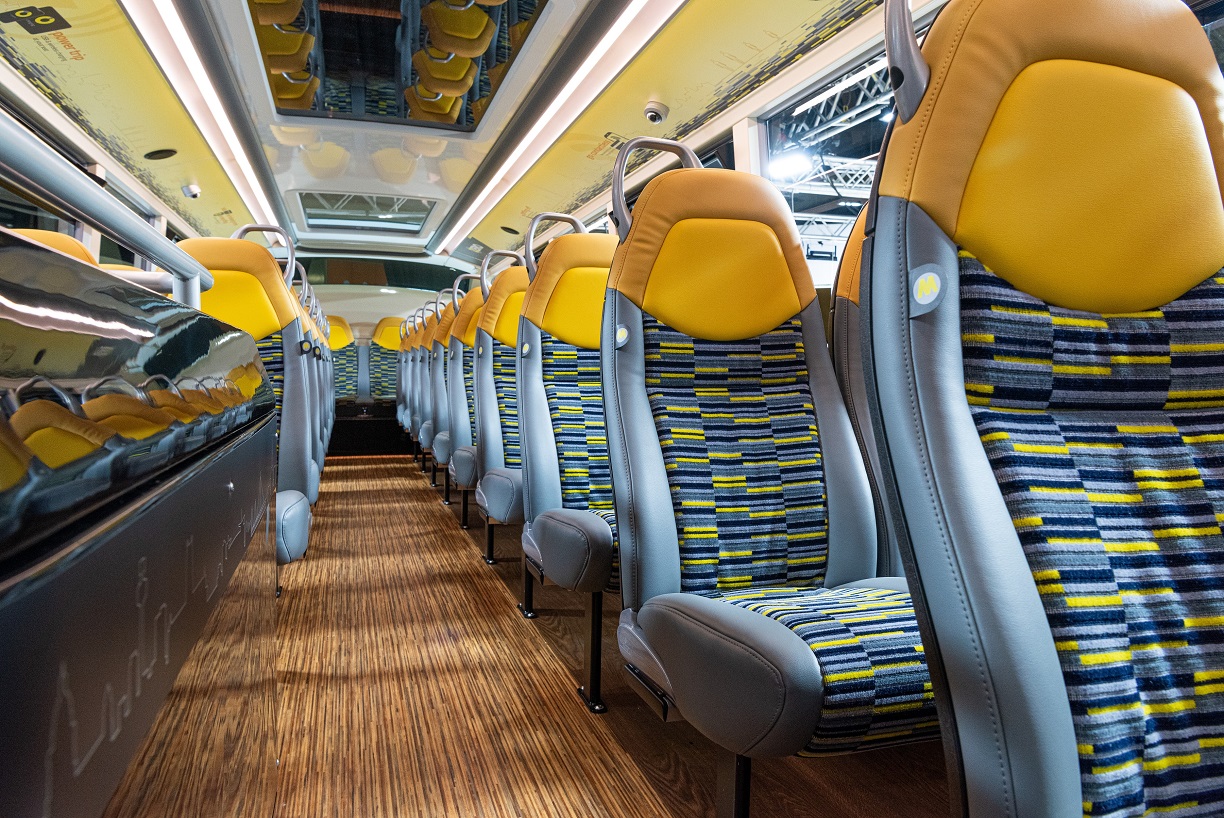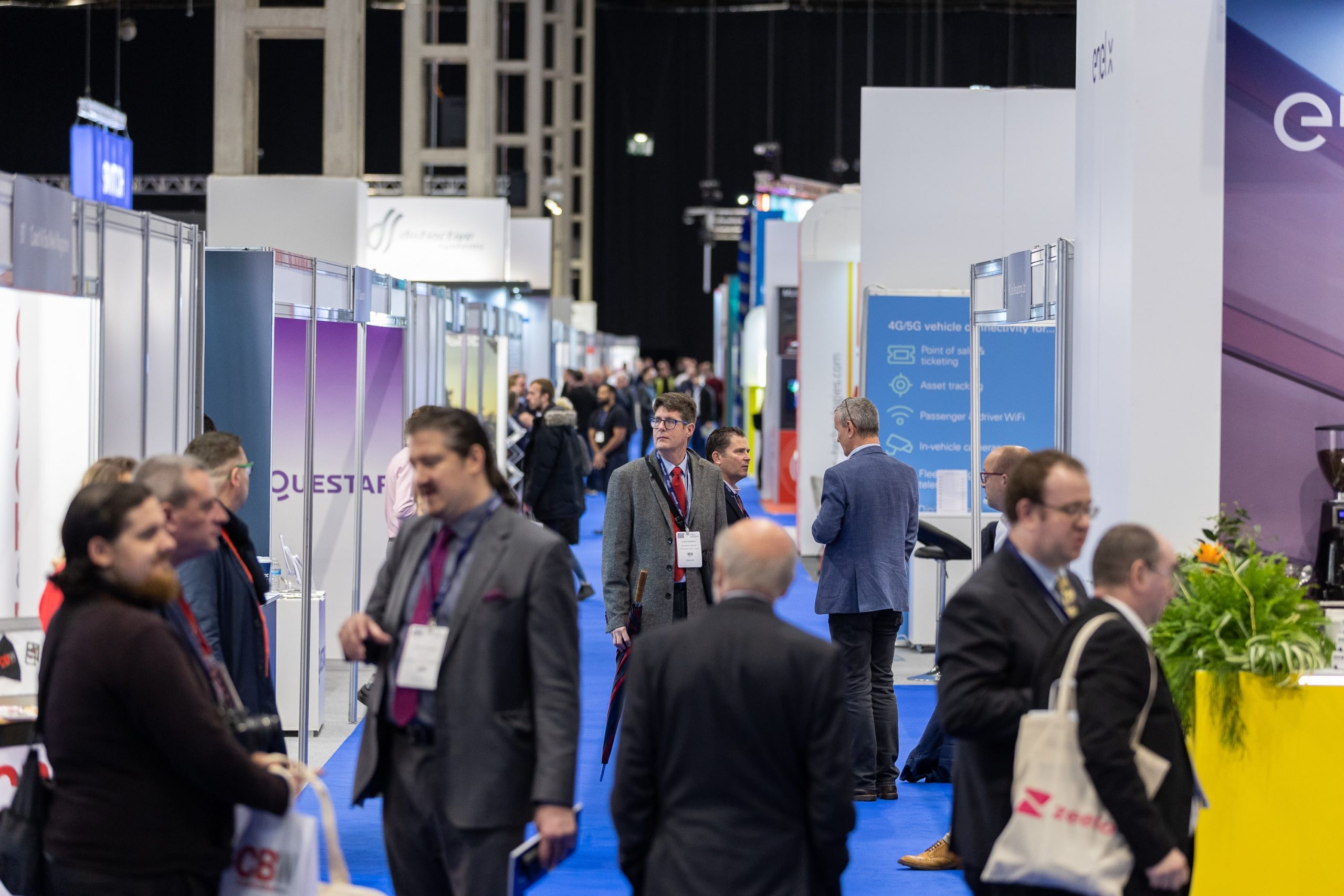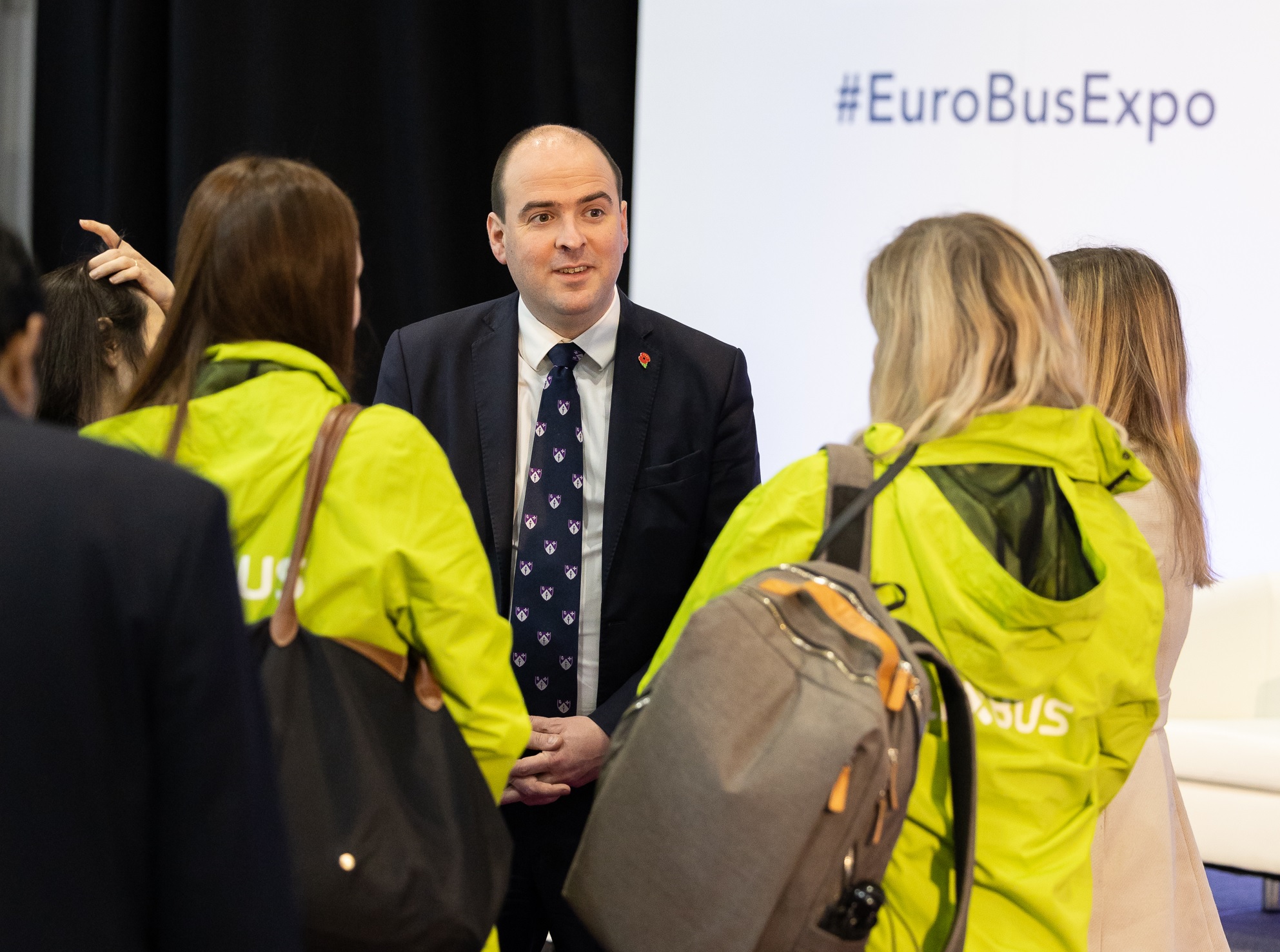The future has always been uncertain. VHS or Betamax, Leave or Remain, Liz or Rishi. Now there is even uncertainty about the taxes we pay thanks to recent political upheaval.
COVID-19 brought huge uncertainty that required extreme measures to prevent massive economic collapse. Crucial interventions such as the COVID-19 Bus Service Support Grant in England eased pressures on operators. But those grants are only temporary, softening the blow to businesses with shrinking patronage, squeezed yet harder by working at home practices.
And now, further still, we have spiralling inflation, particularly energy price rises that affect every aspect of supply chains and operations.
This multitude of pressures are forcing operators and local authorities (LAs) to consider which services should live on. In evidence gathering for a recent House of Lords Built Environment Committee report, Confederation of Passenger Transport CEO Graham Vidler warned of a potential £350 million bus funding gap for the next financial year, with a potential consequence being that bus operators are forced to reduce services by up to 30%.
Even grant-funded zero-emission bus schemes are under threat, with Arriva in Milton Keynes recently citing rising operational costs as the main reason for withdrawing from the Zero Emission Bus Regional Areas (ZEBRA) project.
Arriva is not the only operator to raise concerns. Those in England with significant battery-electric fleets have begun to ask the Department for Transport about business support, potentially by raising the 22p/km BSOG zero-emission incentive in line with electricity prices.
There are also challenges with increasing capital costs for vehicles and infrastructure, with LAs having to reassess projects funded only six months ago due to the rising cost of borrowing.
The certainty of falling battery prices this decade thanks to more gigafactories and economies of scale now seems like wishful thinking as China continues to pursue a zero COVID-19 policy, causing blockages for crucial automotive parts such as computer chips.
While all these pressures seem to point in one direction, the outlook for the UK bus industry does have some glimpses of sunshine among the clouds. Some silver linings were spotted at Euro Bus Expo, such as Equipmake’s repower of a New Routemaster from diesel-electric hybrid to battery-electric. On show, too, were the first Yutong battery-electric coaches for the North of England, and a 28-seat battery-electric minibus from EVM built with a lighter composite body that allows for 500kg more batteries.
The news that Translink in Northern Ireland has ordered another 100 zero-emission buses is a sign that some operators are taking a longer-term view in relation to energy prices. Some may also be benefiting from hedging and Economy 7-style time of use connections, where electricity is cheaper at night.
We should also find out soon about the next tranche of funding in England under ZEBRA (potentially in the autumn statement?) and the next round of the Scottish Zero Emission Bus (ScotZEB) challenge fund. There are already hints that ScotZEB2 may be smaller than originally promised, but no clarity on the former yet.
Based on Zemo Partnership’s estimates, there are over 2,000 zero-emission buses funded across the UK, awaiting the launch or award of LA tenders. Should the next round of ZEBRA be undersubscribed, DfT may be able to reallocate money to previous grant funding winners to ensure that more projects do not falter at the final hurdle.
So while there are many gloomy headlines on the horizon, the ambition of moving to zero-emission technologies as a tool for reducing our impact on the environment, as well as improving the overall passenger experience, remains clear for all.



























